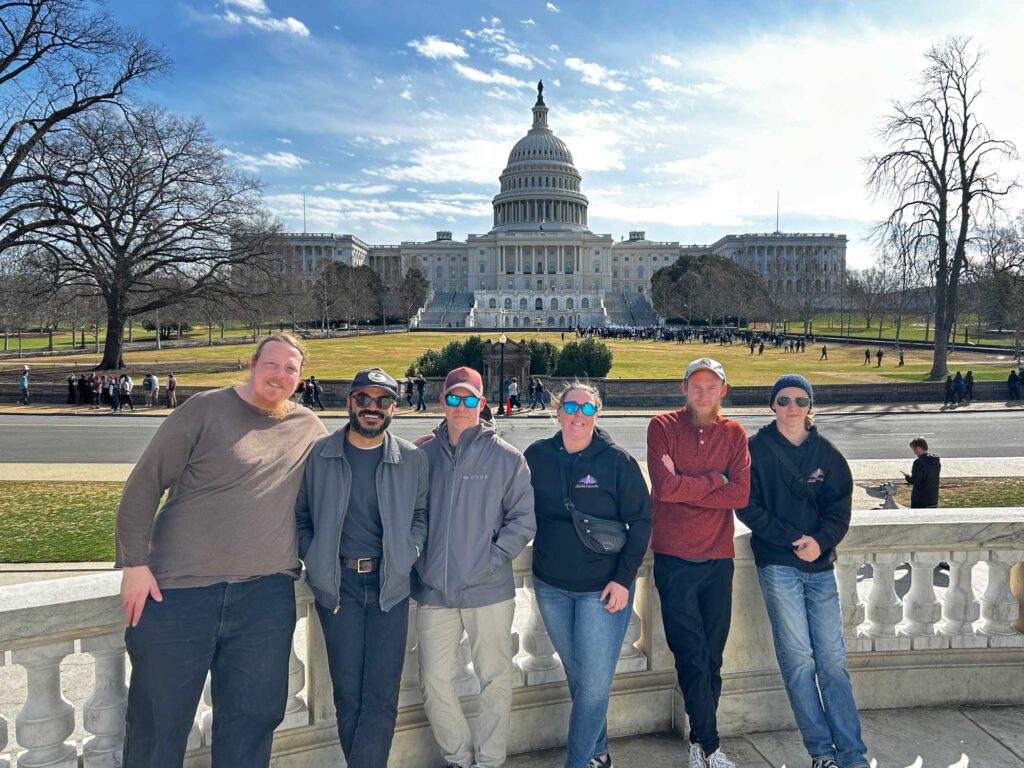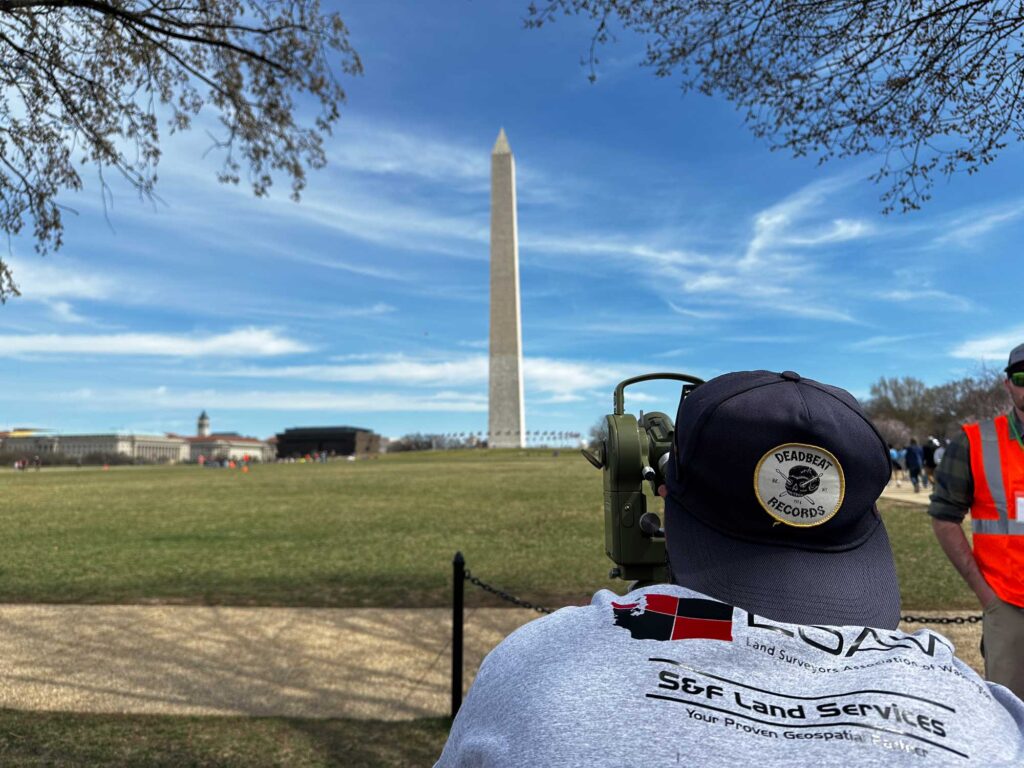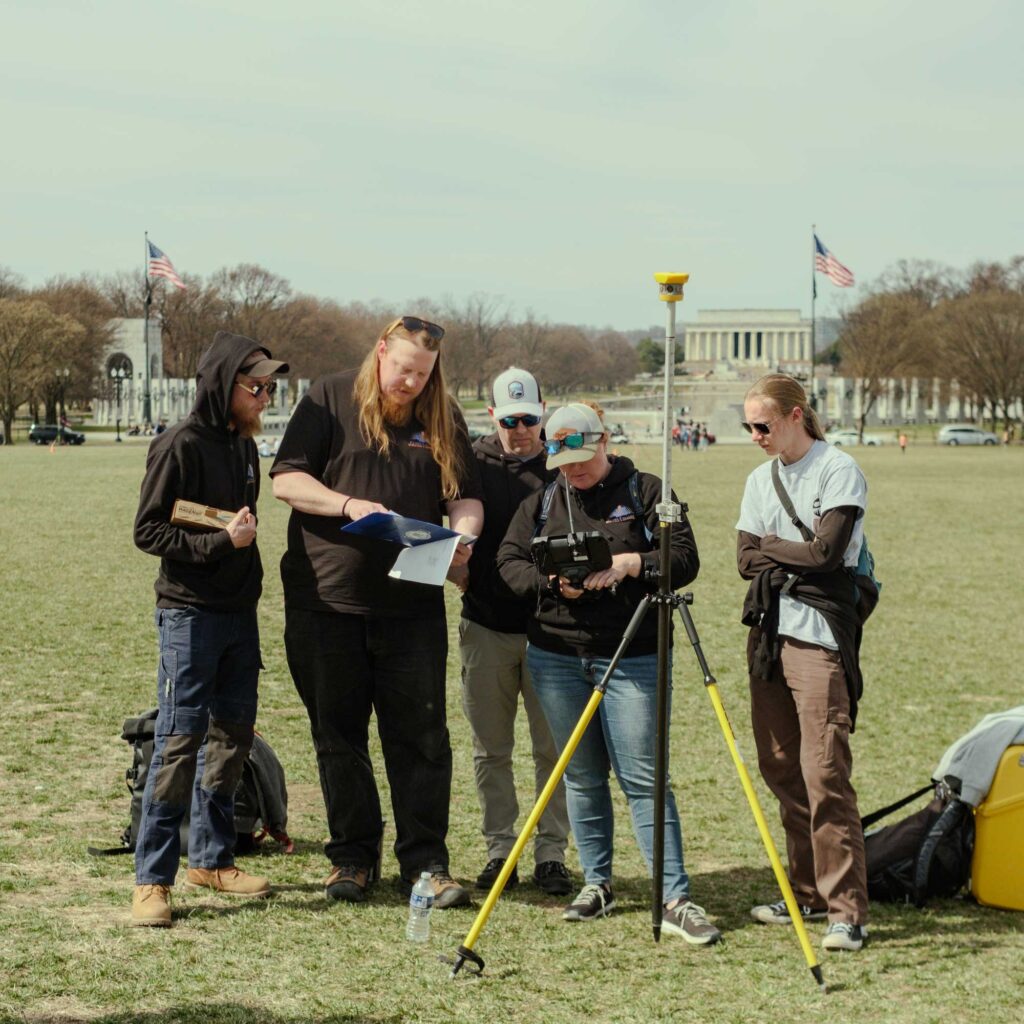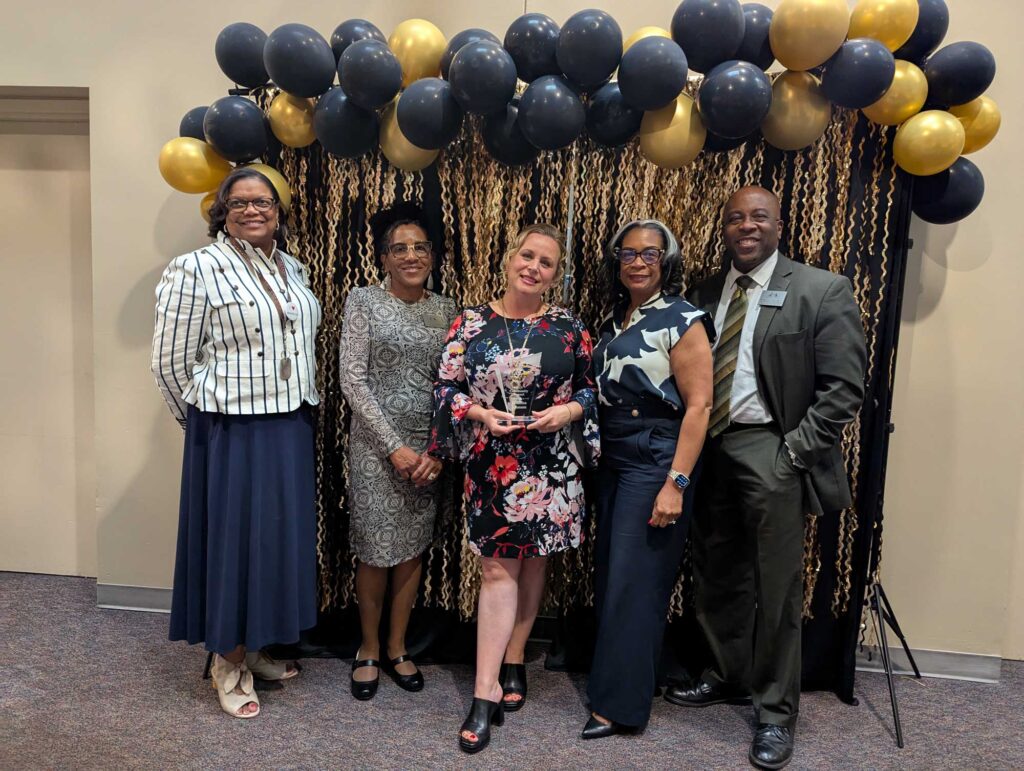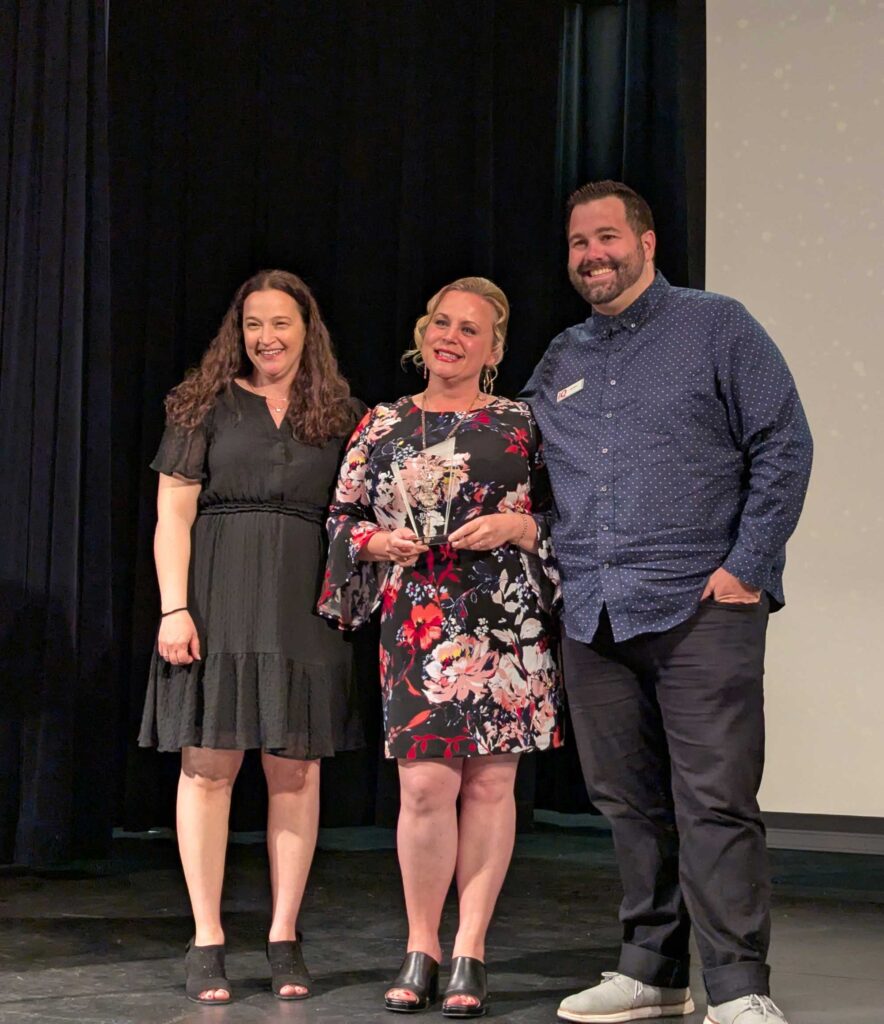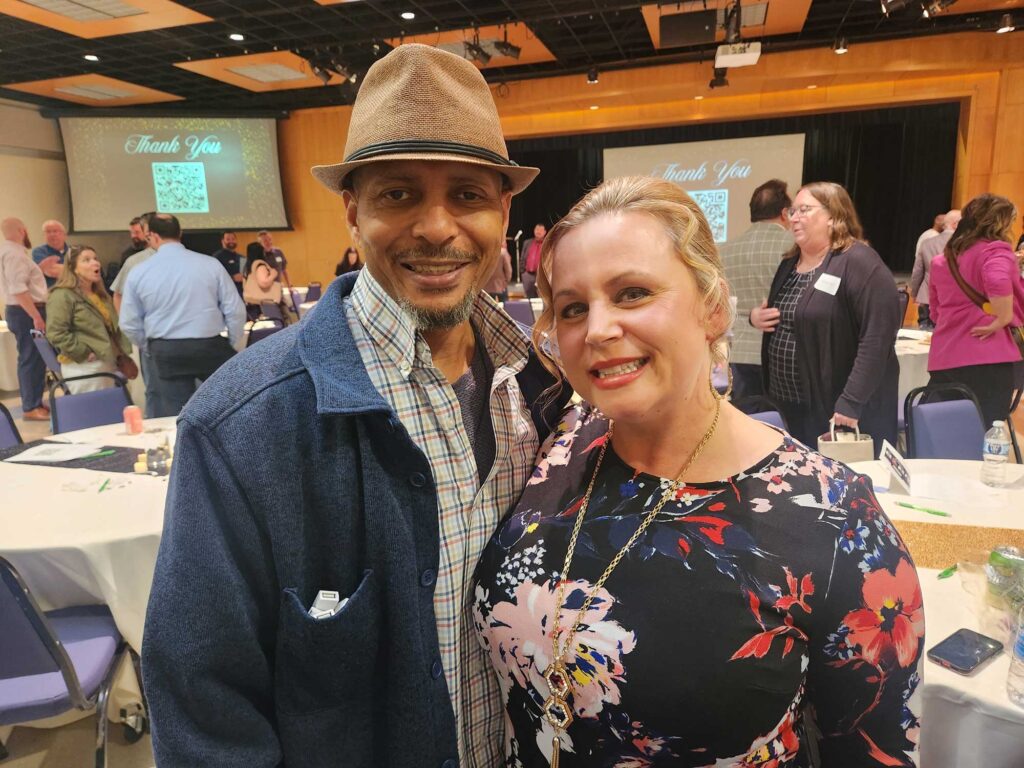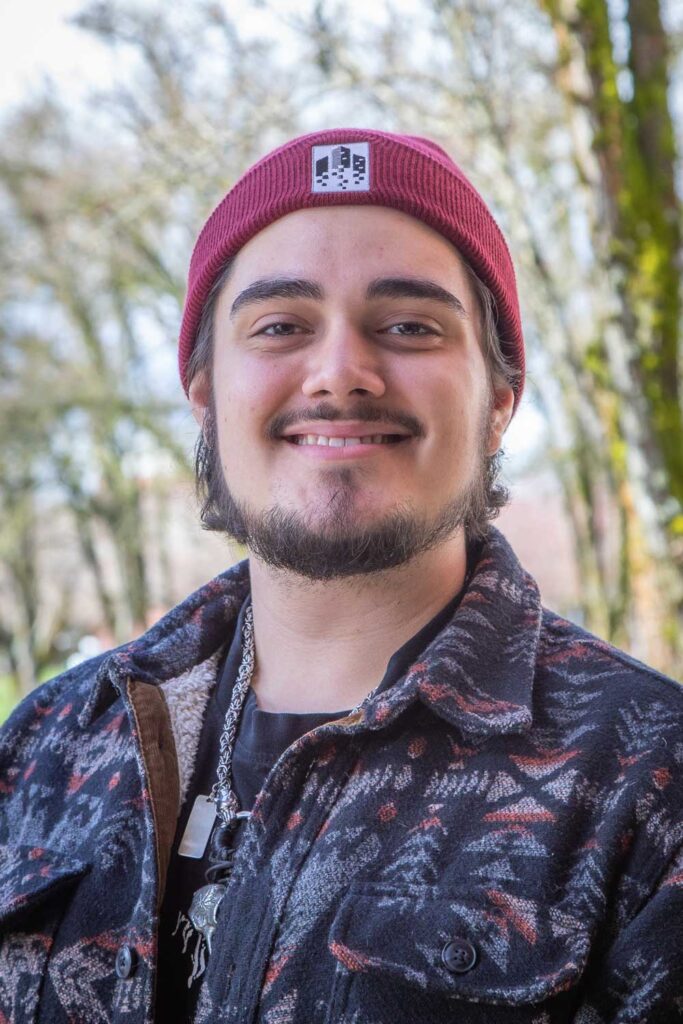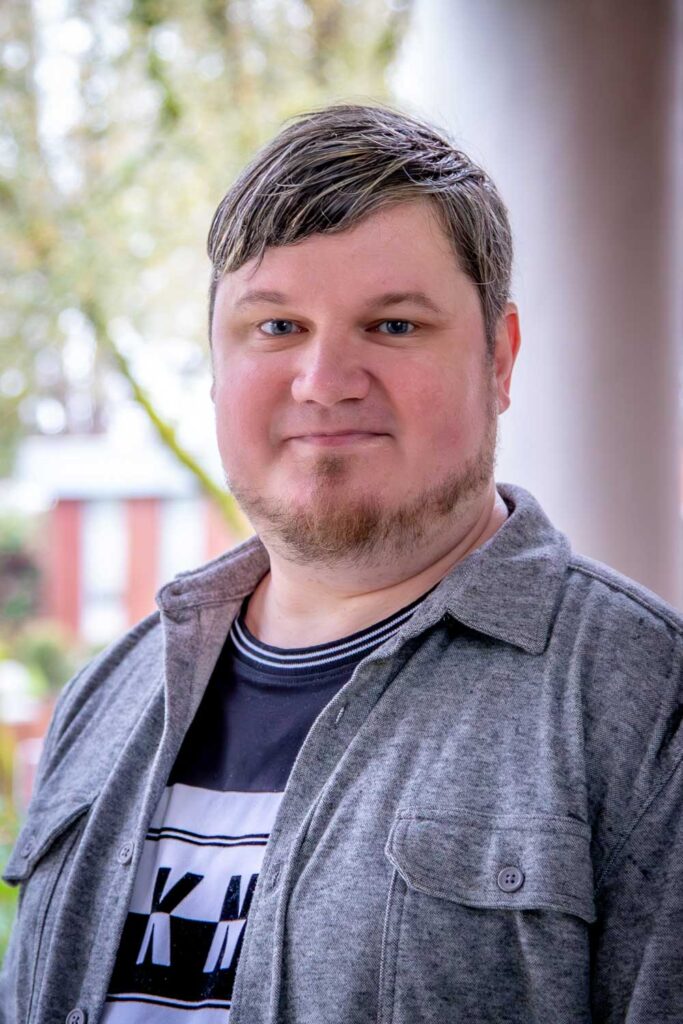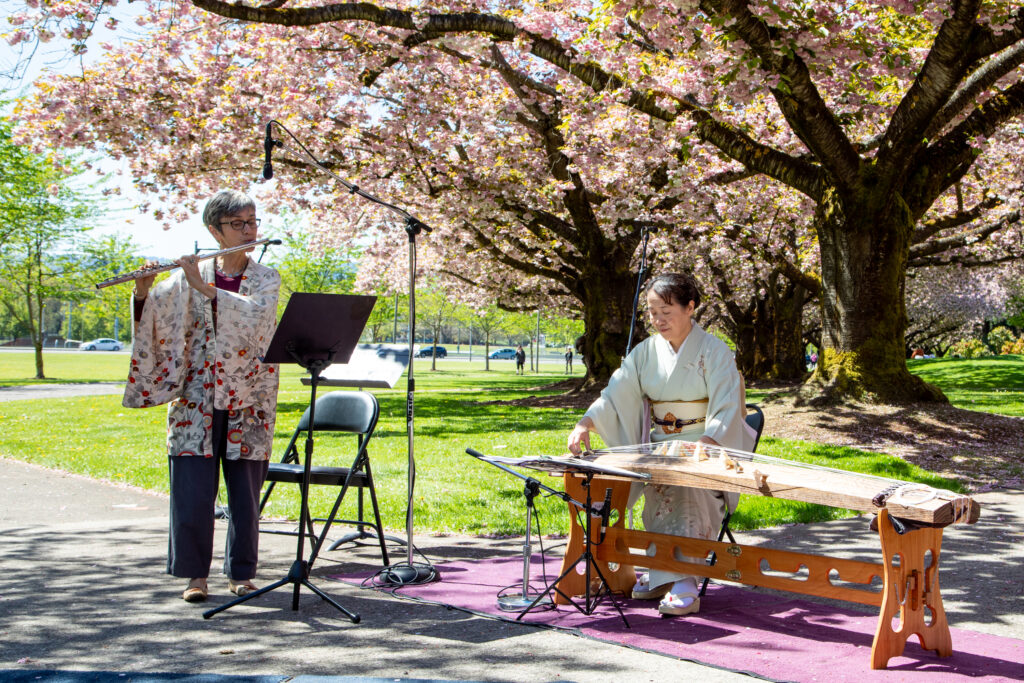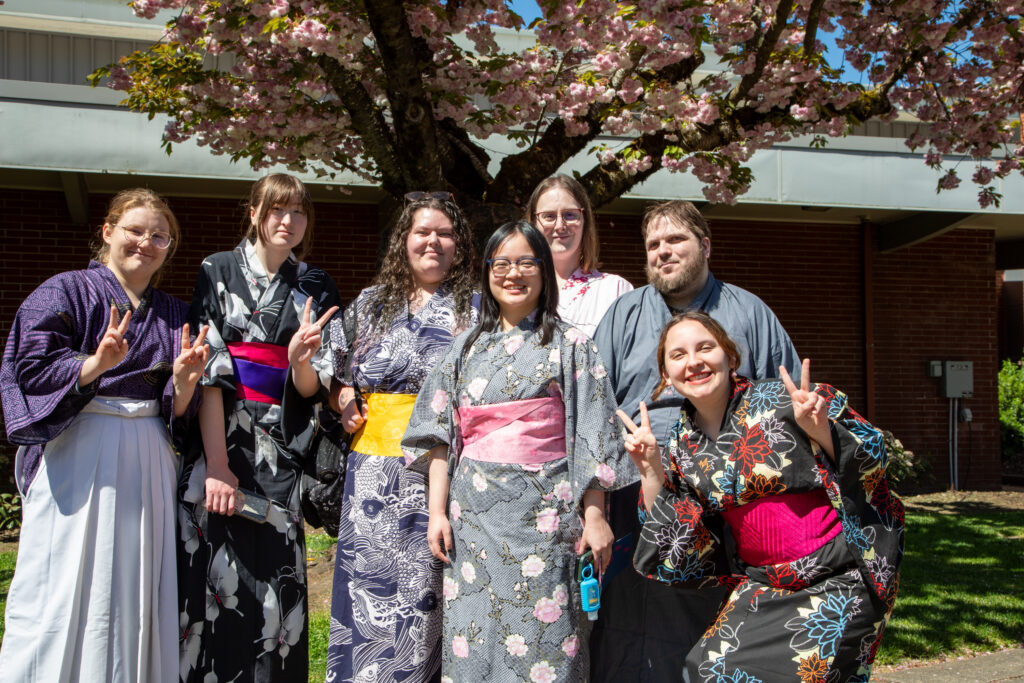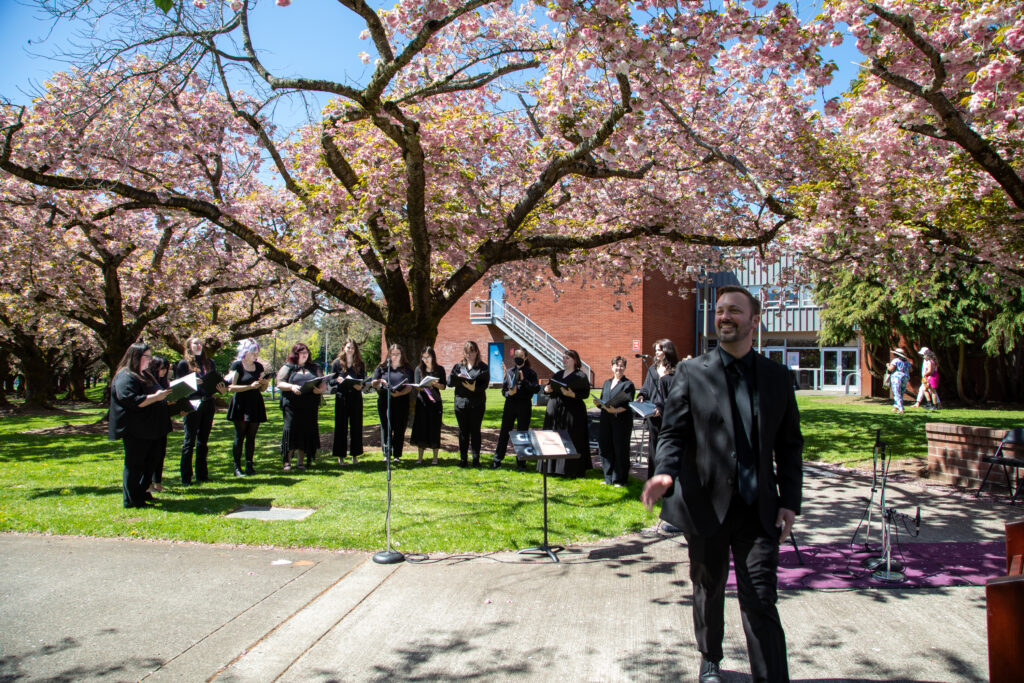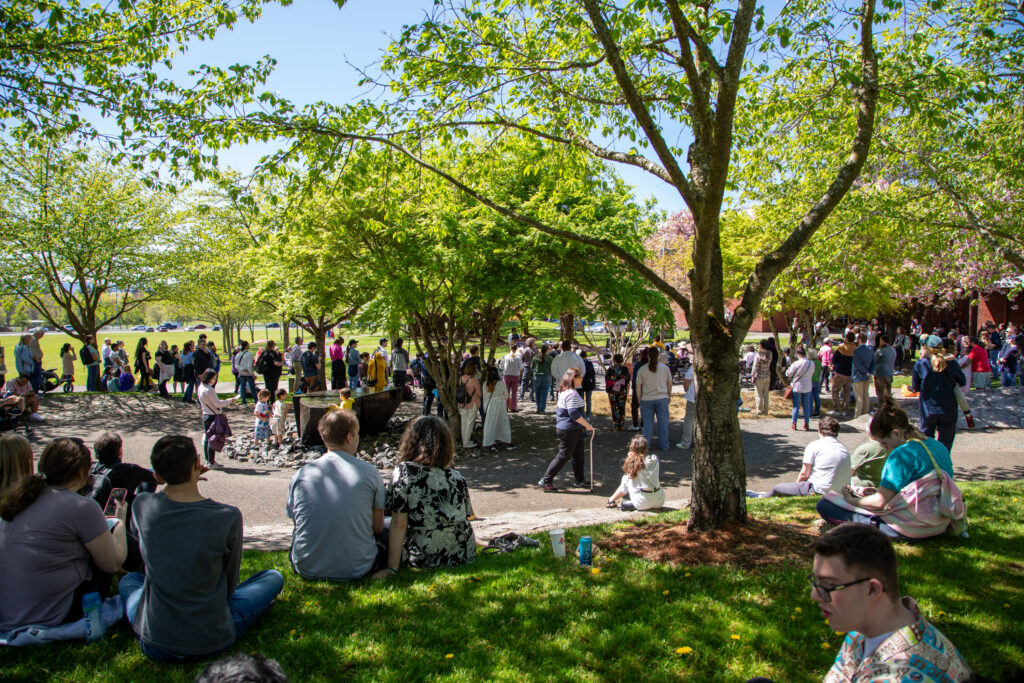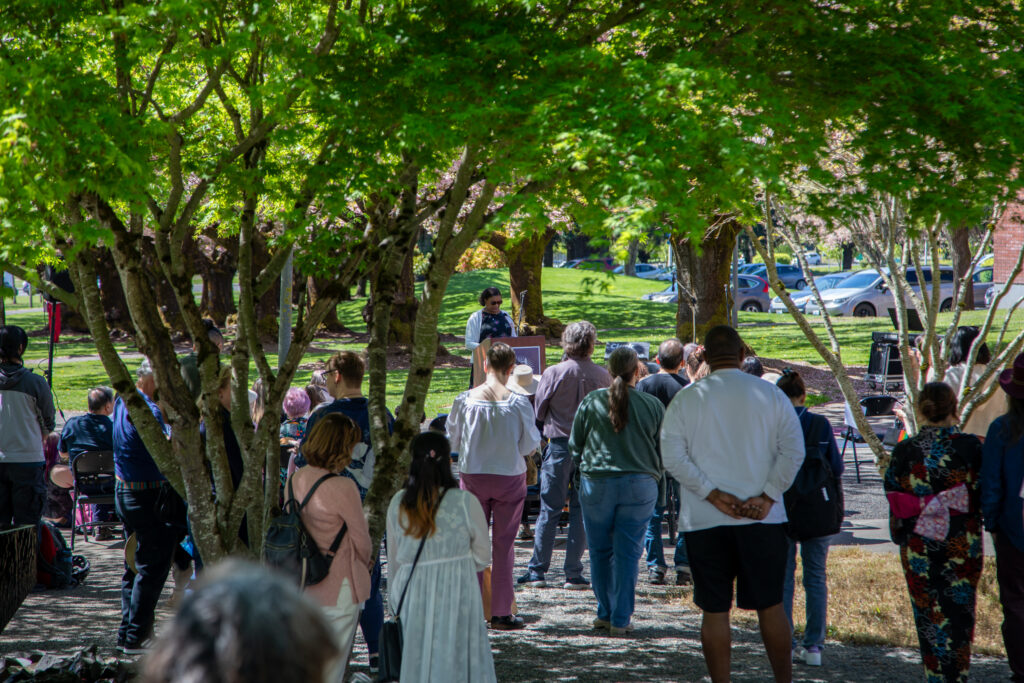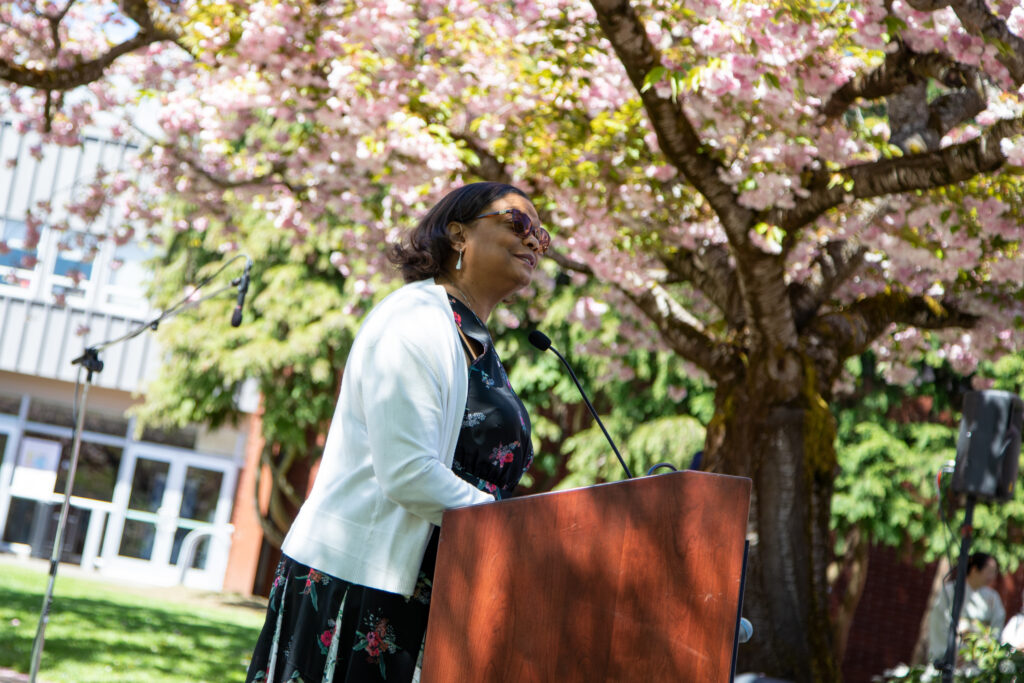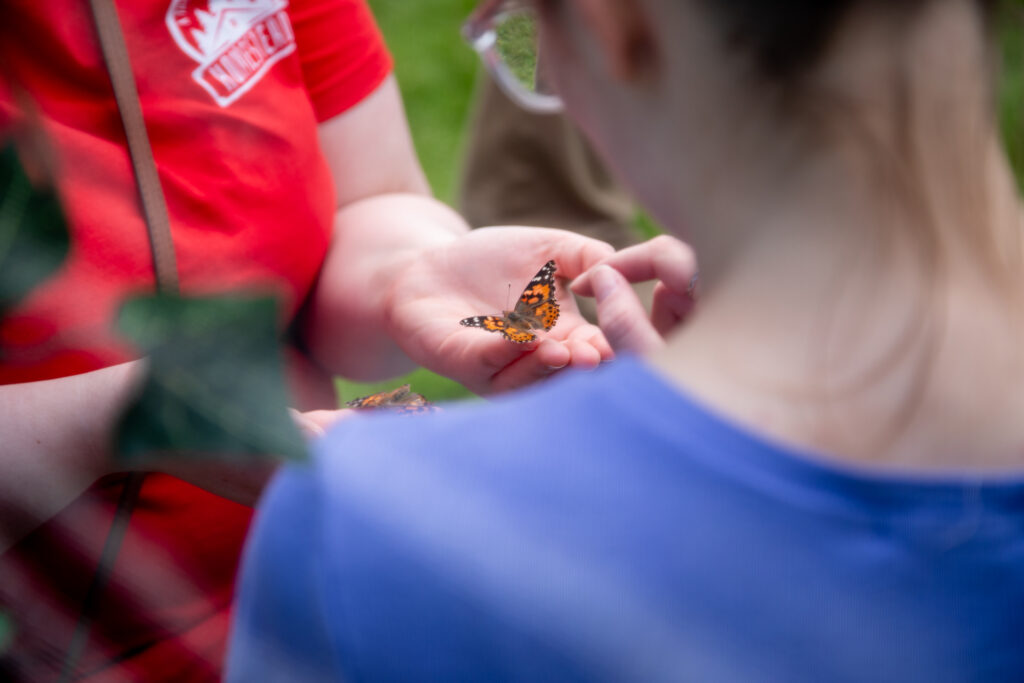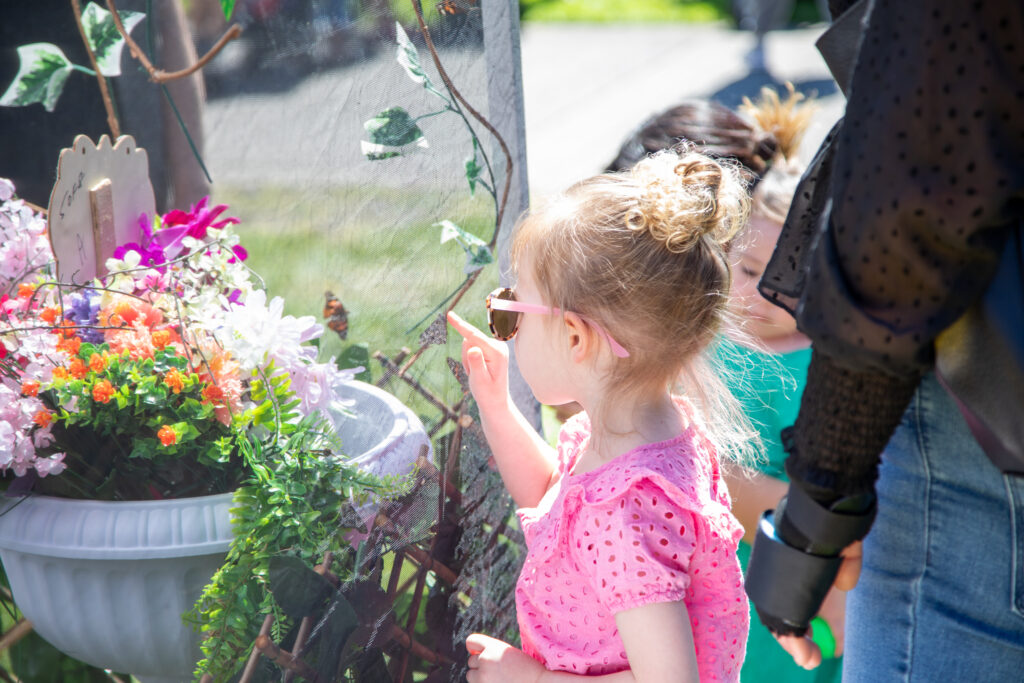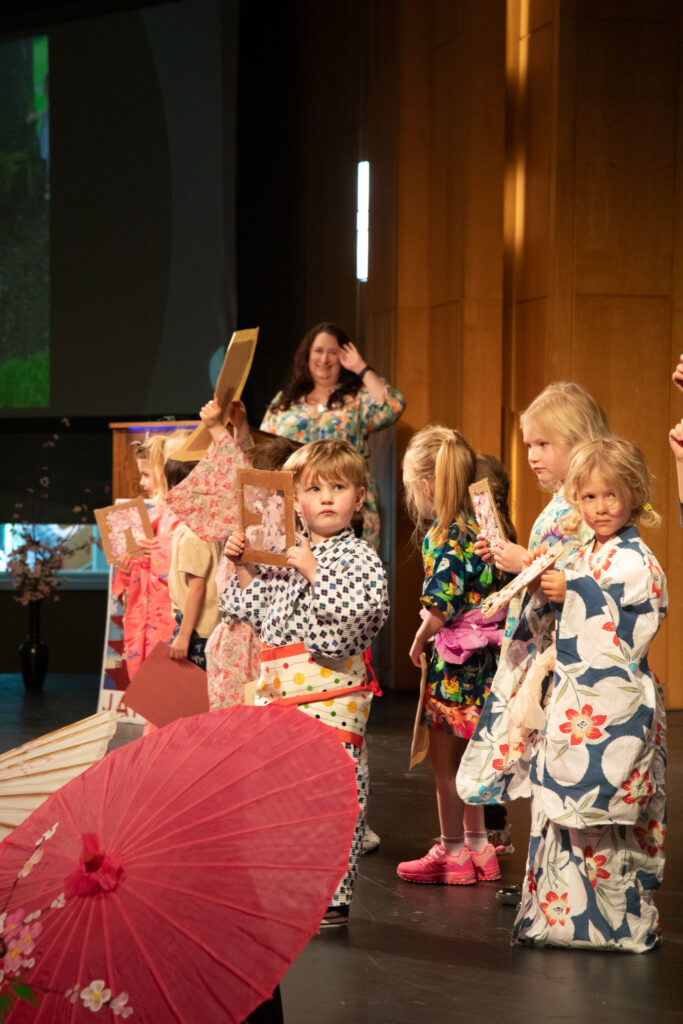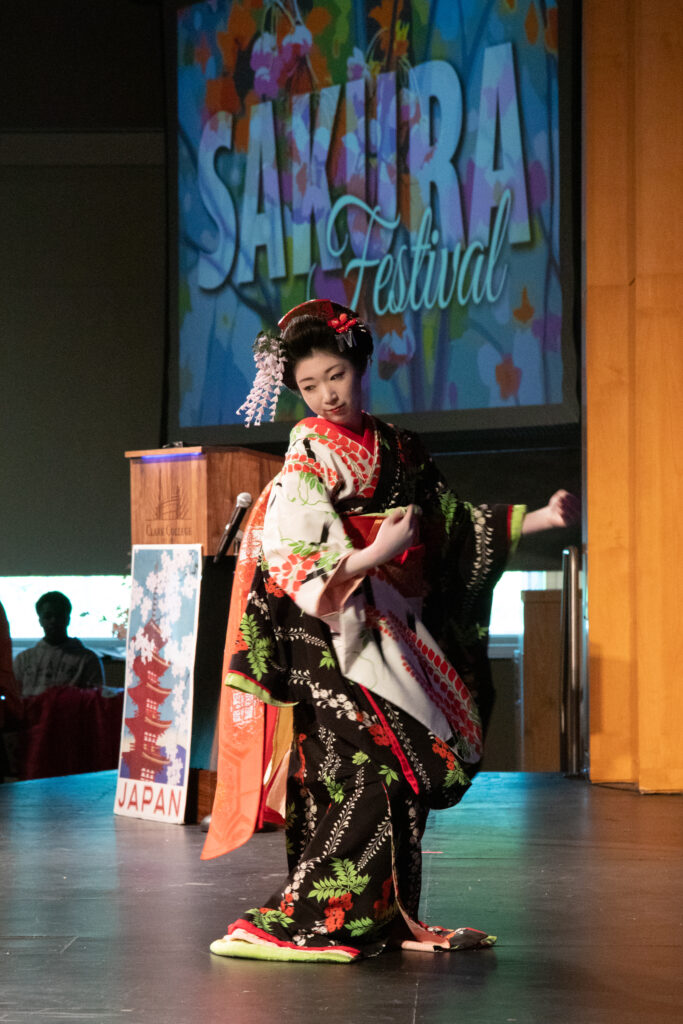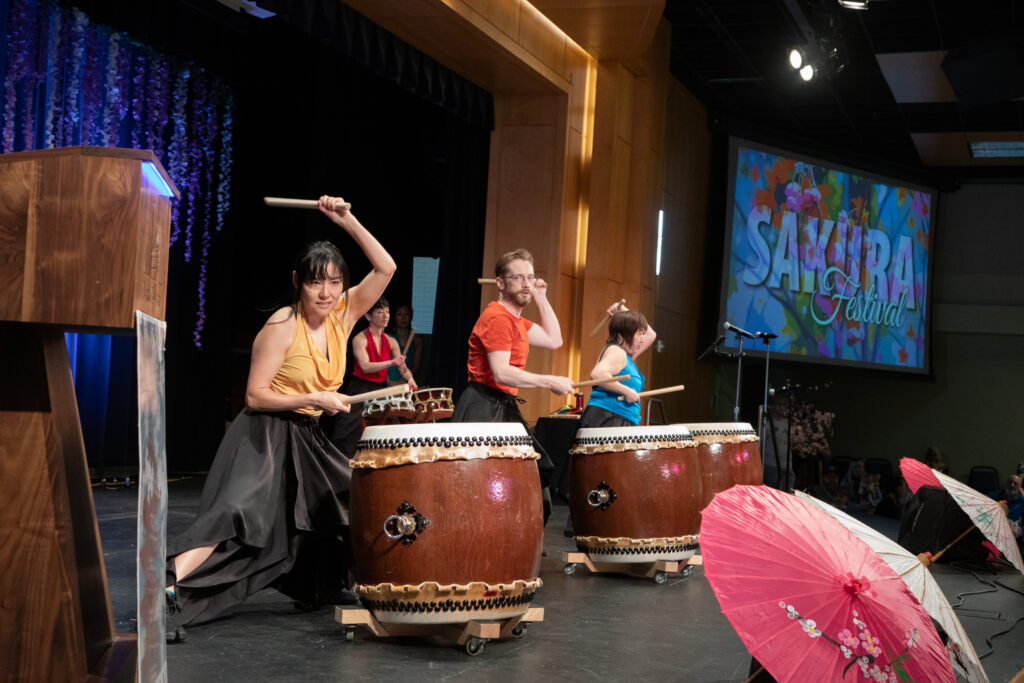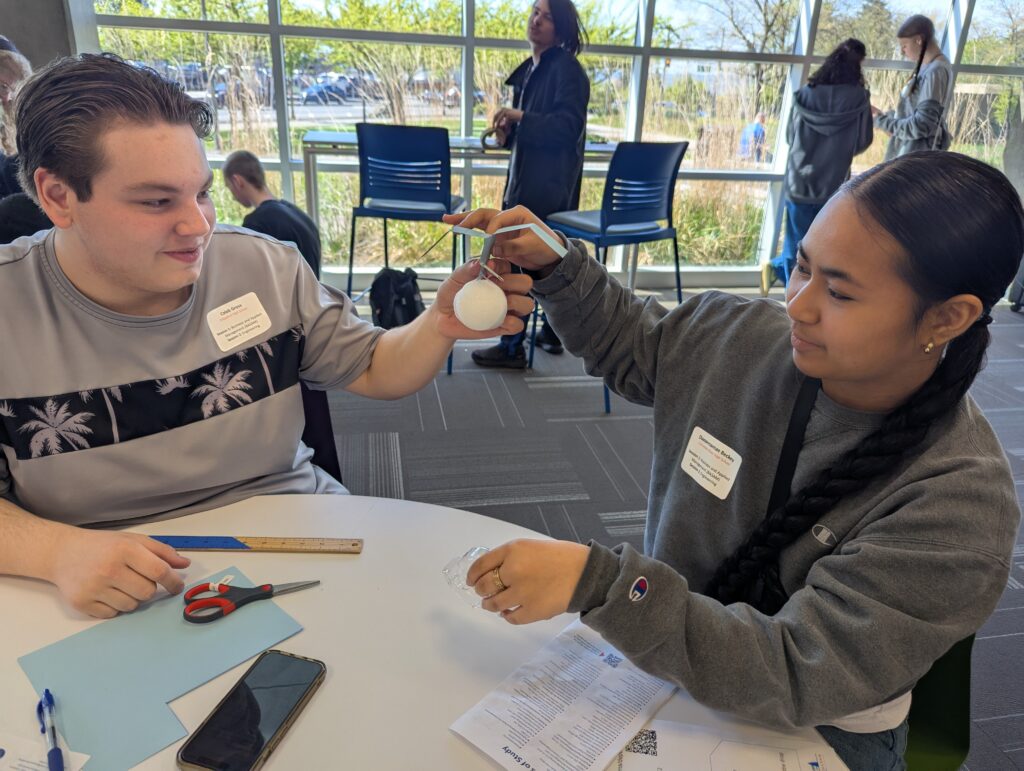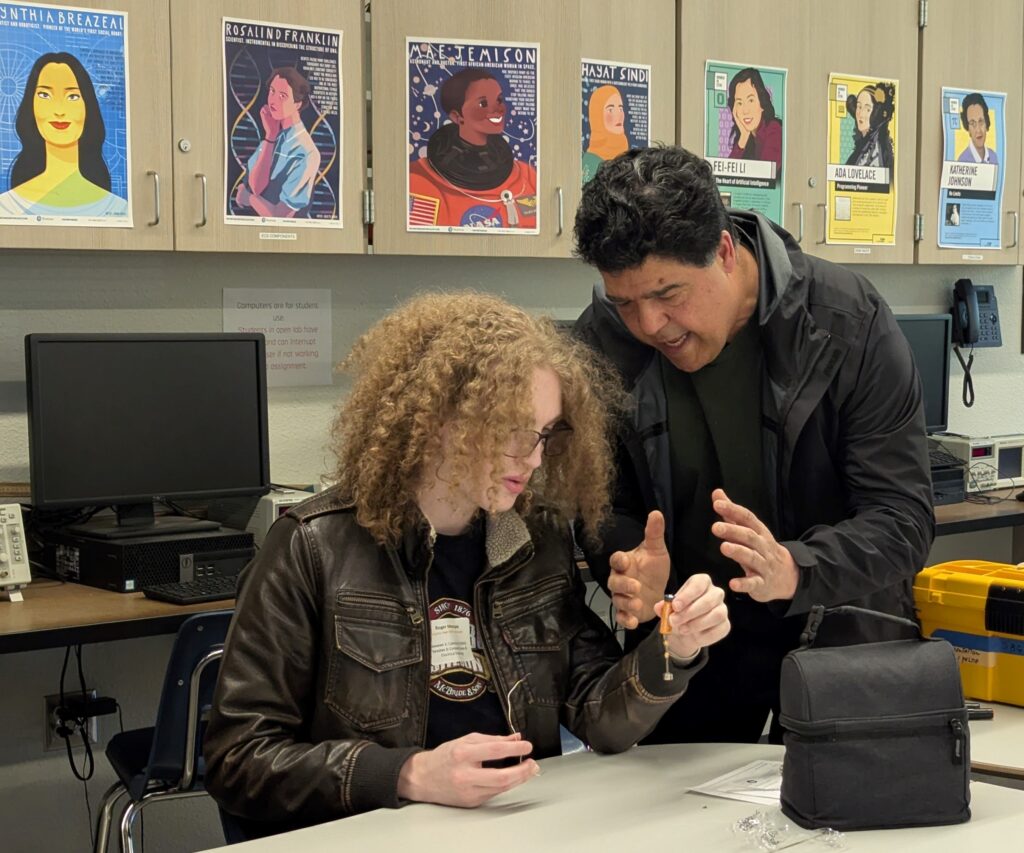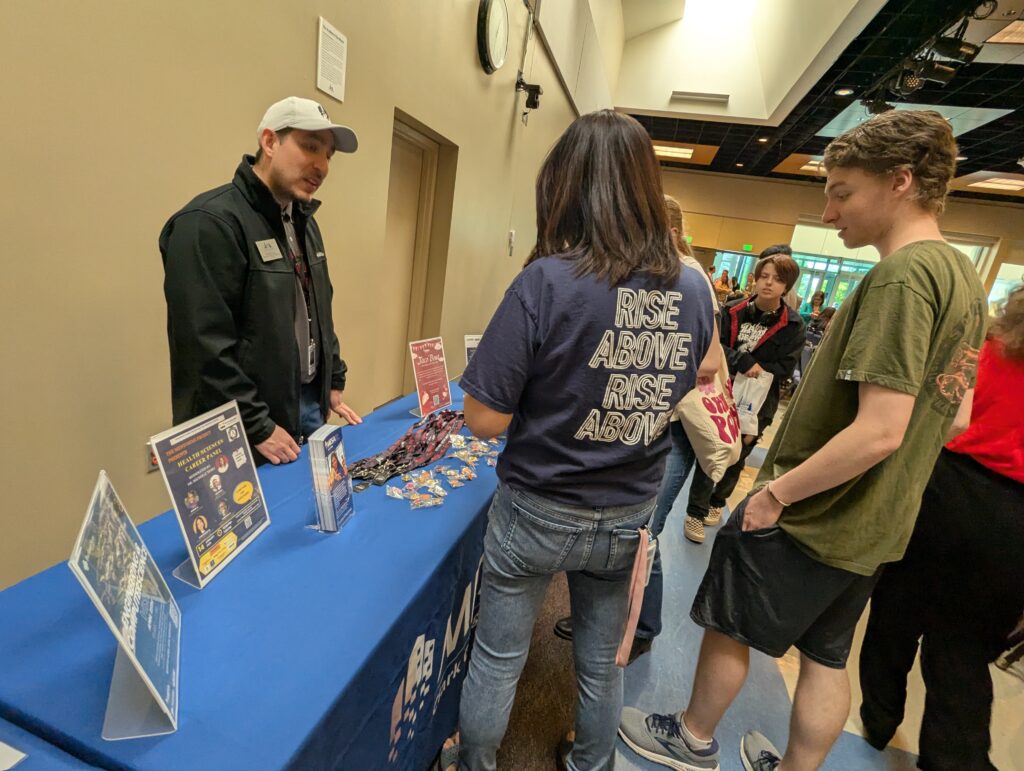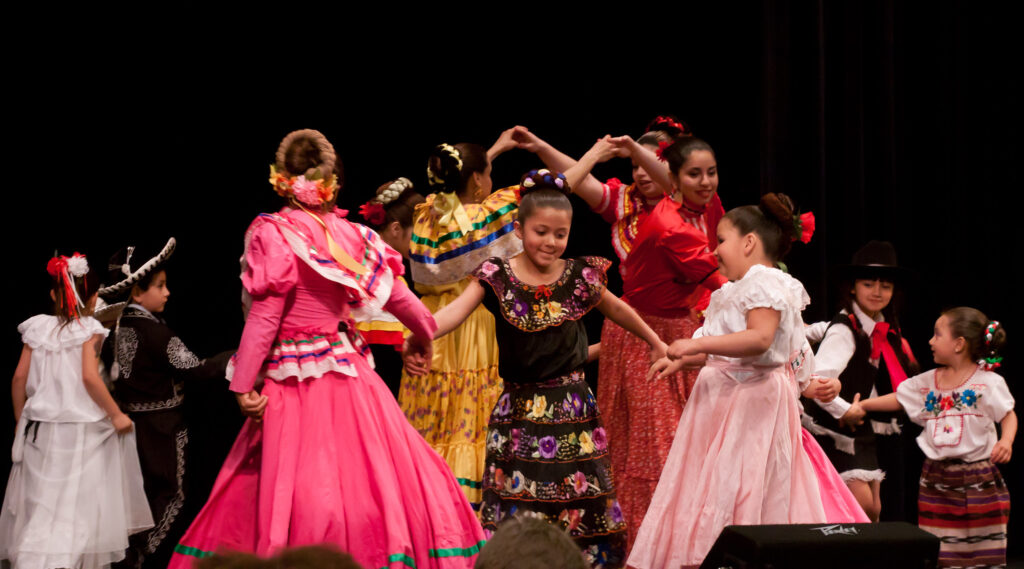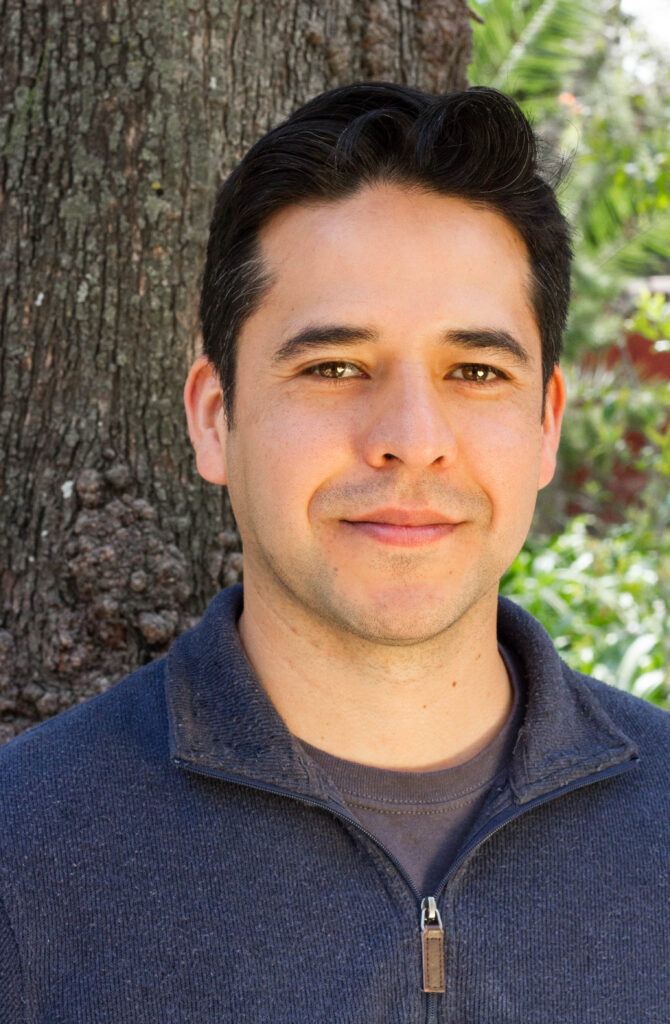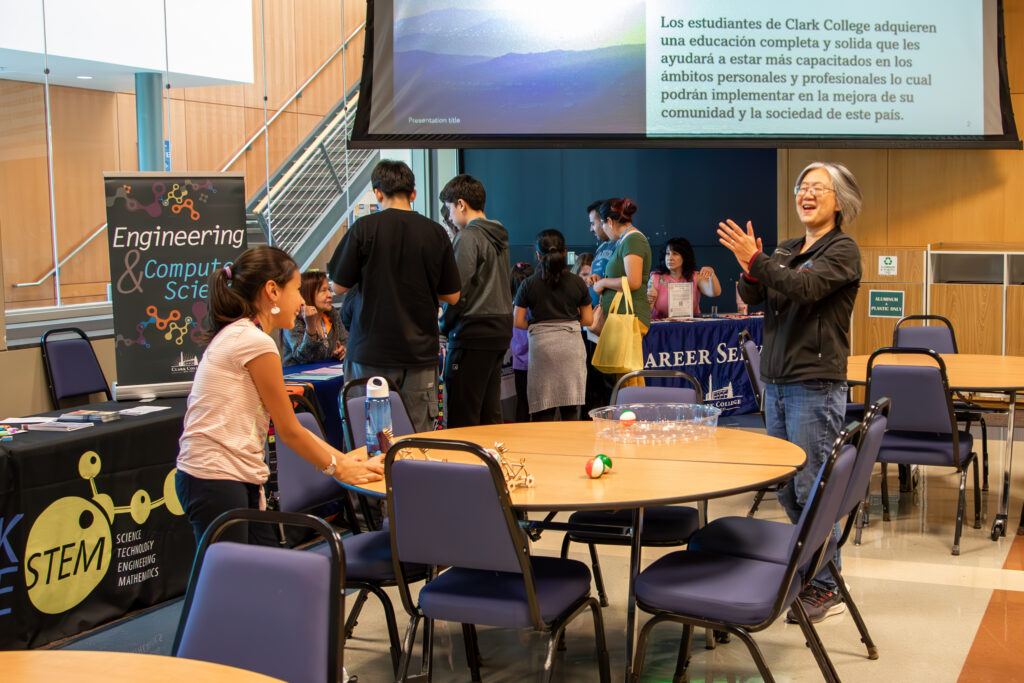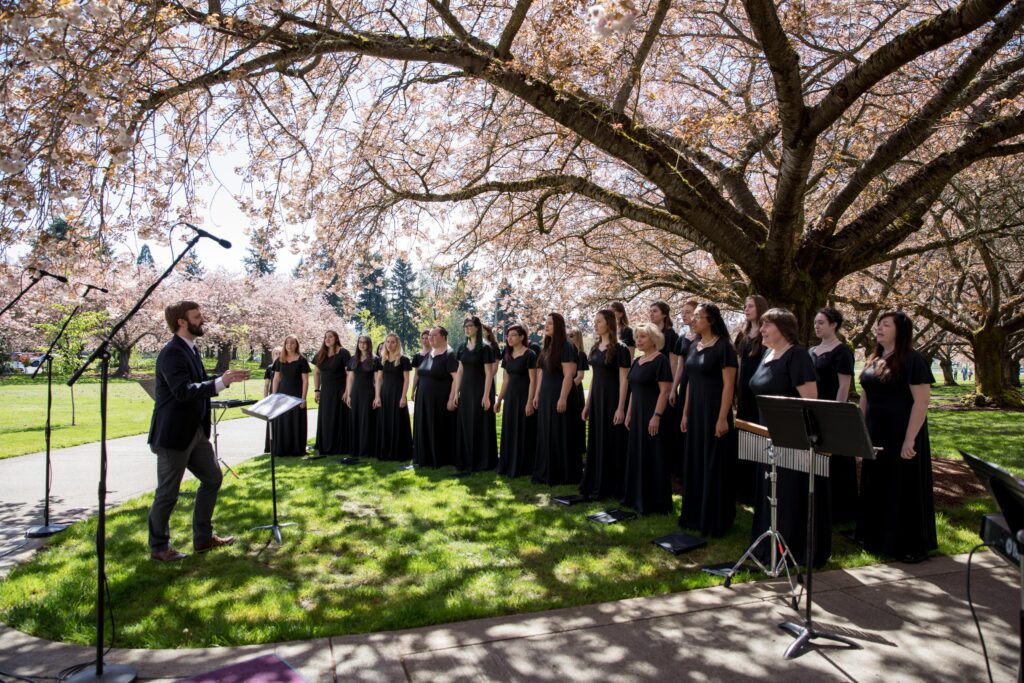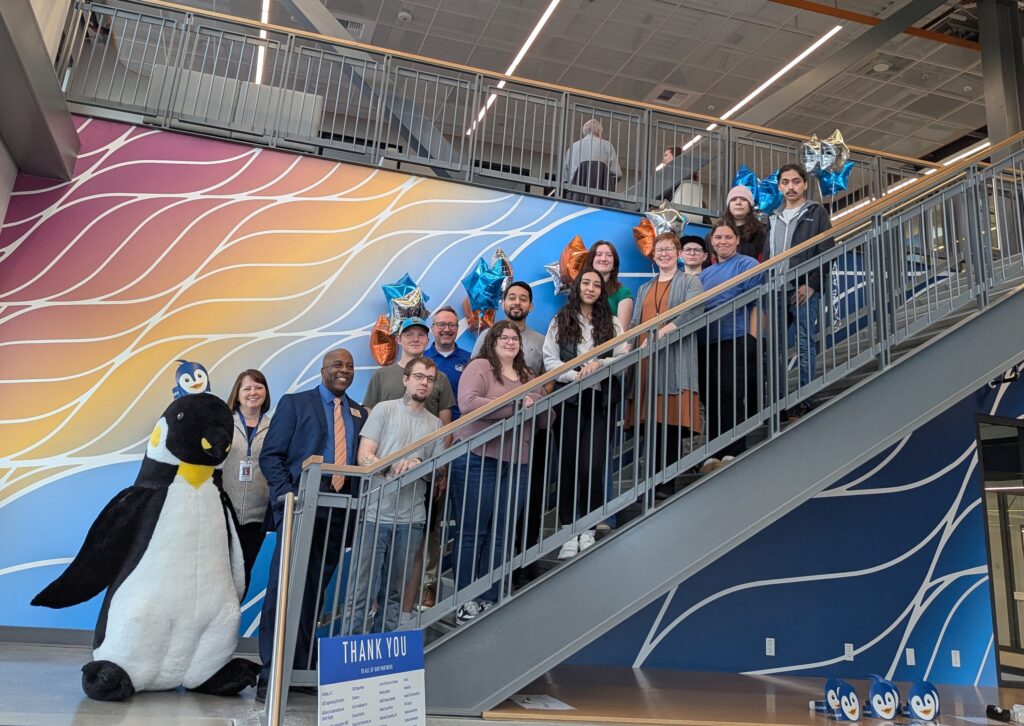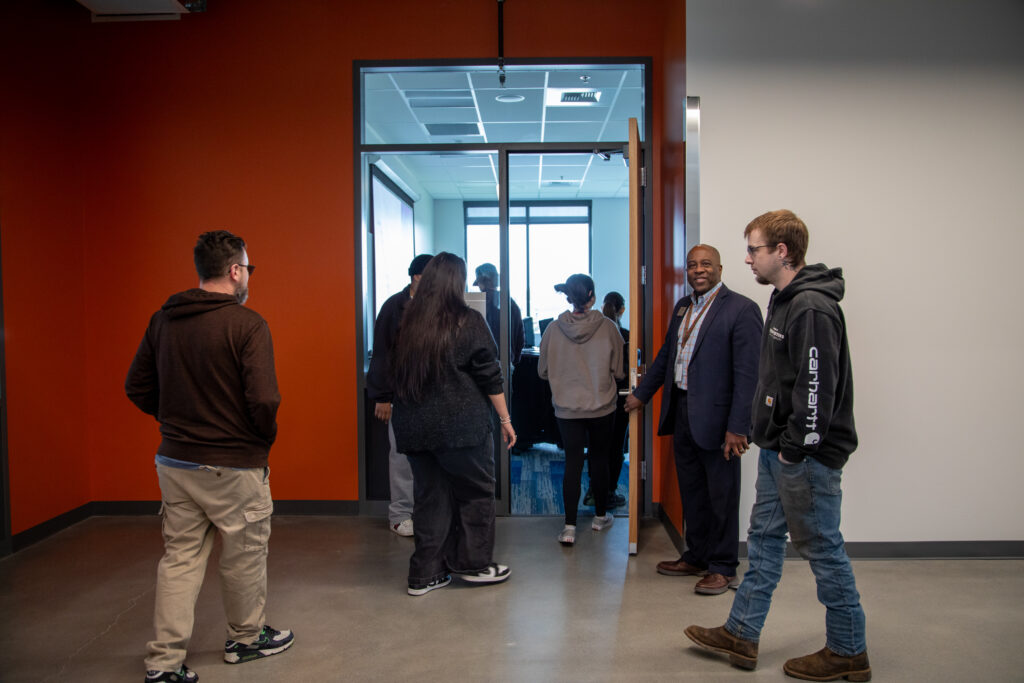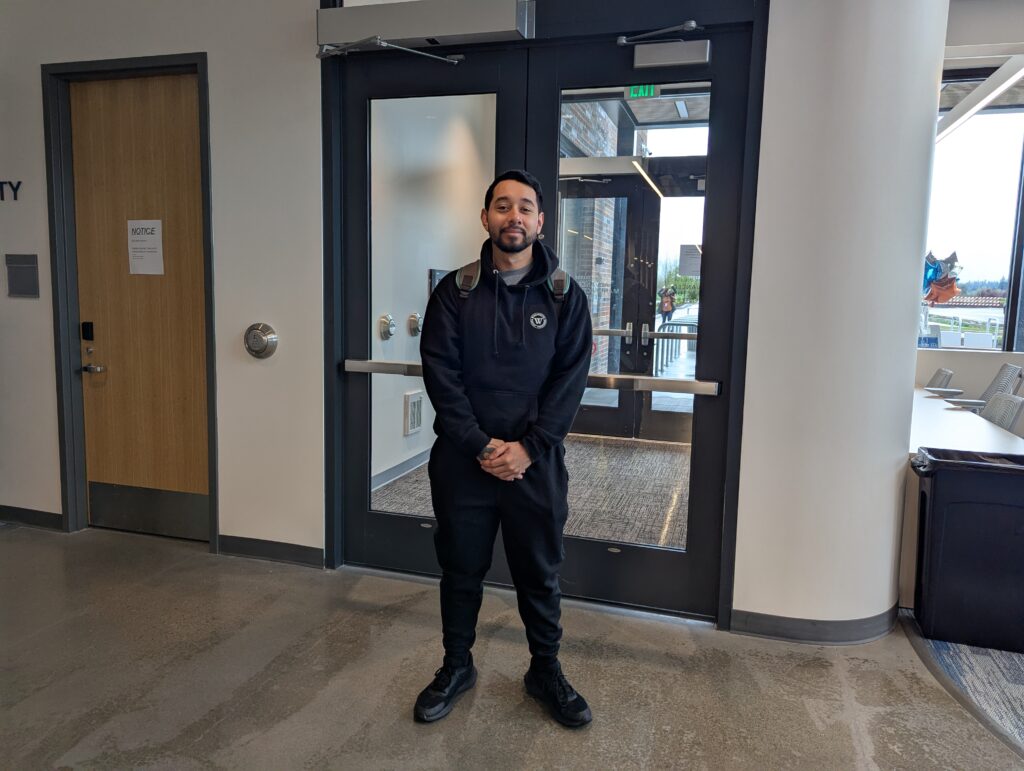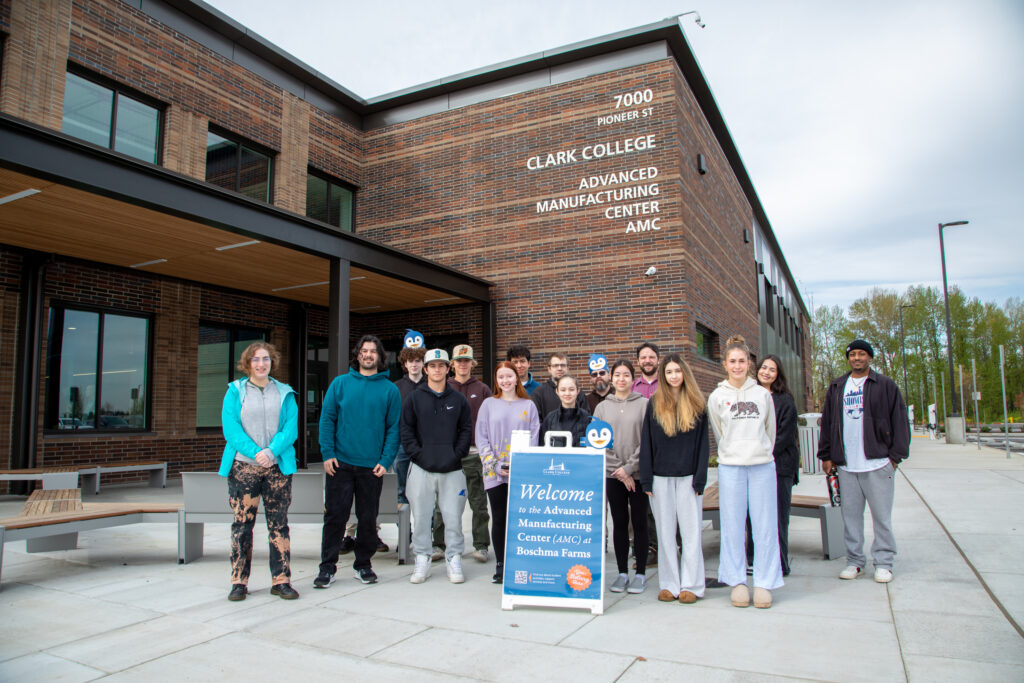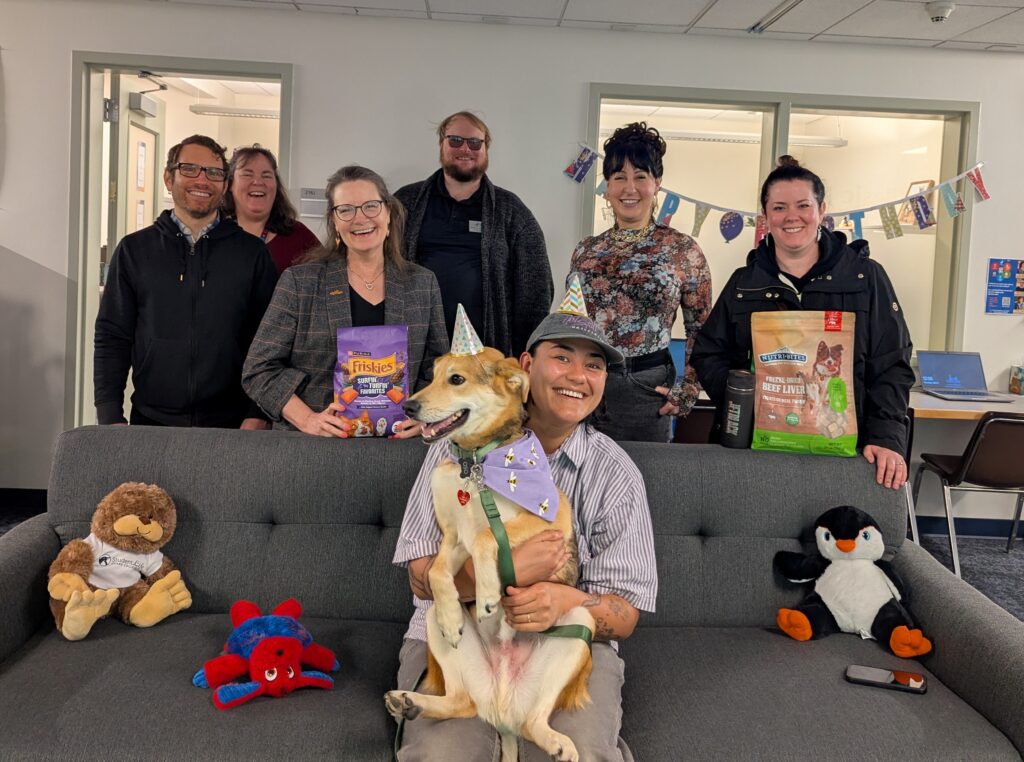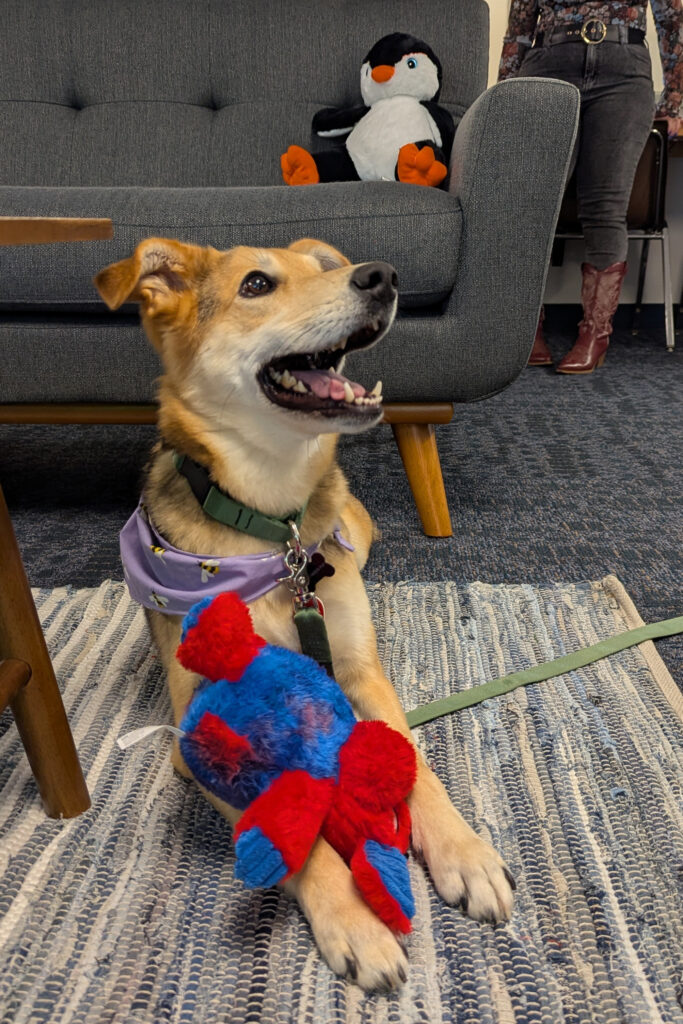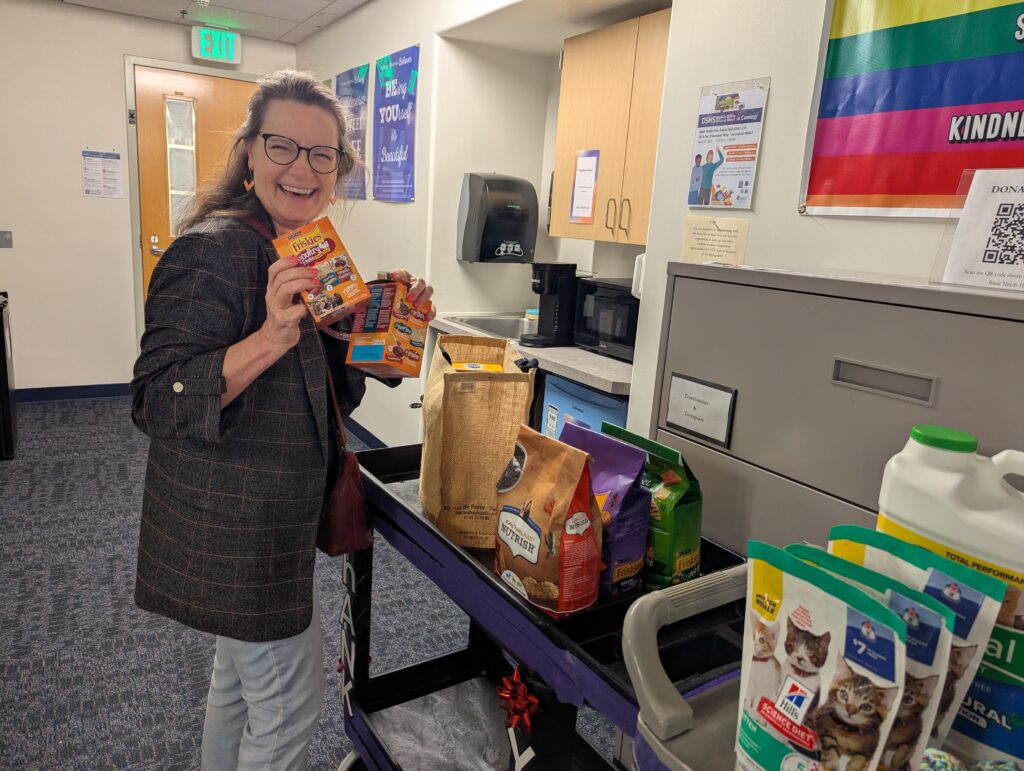Clark College Dedicates Raines Softball Field
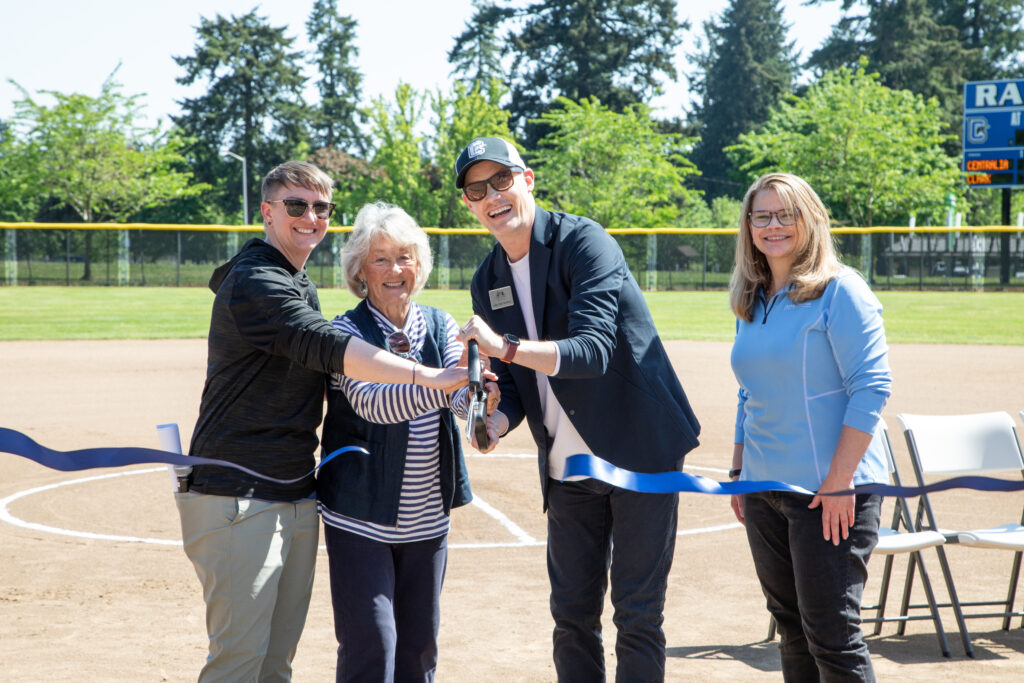
Penguin fans packed the stands at Clark College’s softball field on May 2, gathering not just to cheer on their team but to celebrate a legacy. The afternoon dedication of the newly named Raines Softball Field brought together athletes, alumni, friends, and family, including many there to support Wilma Raines.
Clark College Athletics, Clark College Foundation, and members of the broader college community joined together at the Women’s softball field to recognize the contributions of the Raines family. The field was named in honor of Wilma Raines in memory of Jim Raines and his daughter Jami (Raines) Shogren, devoted supporters of Clark softball who left a lasting mark on the program. Wilma Raines, Jim’s widow and Jami’s mother, attended the ceremony, surrounded by heartfelt tributes and shared memories.
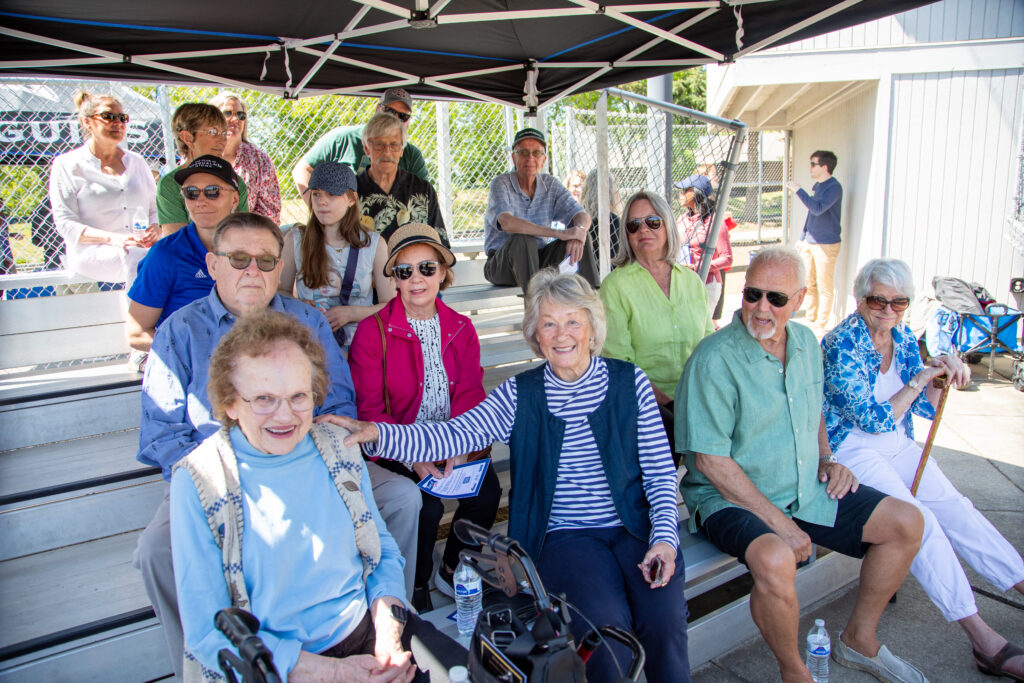
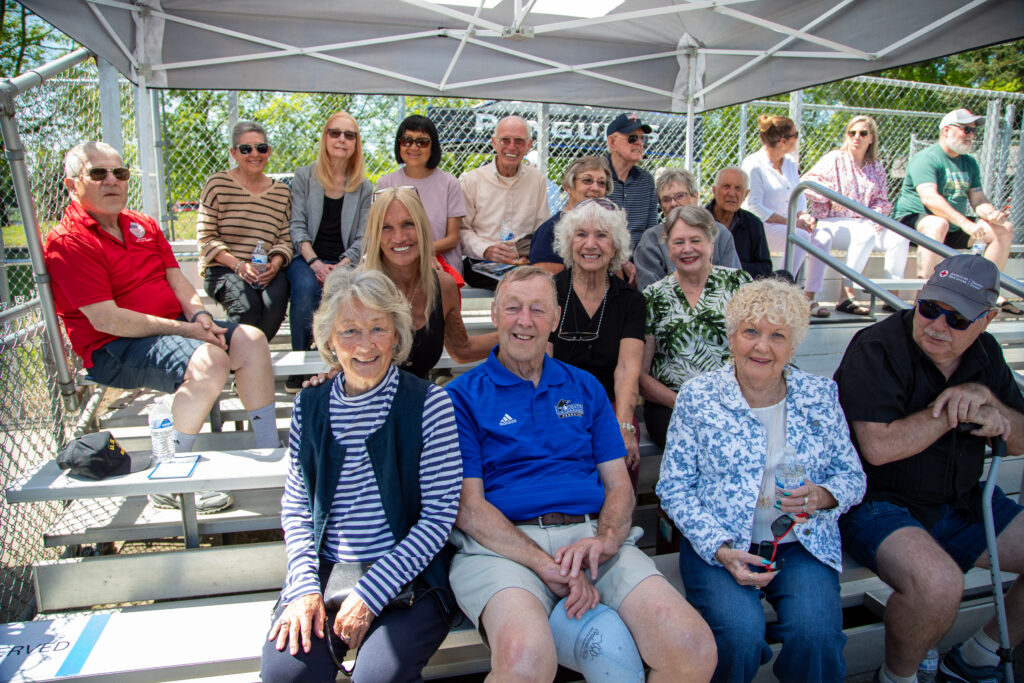
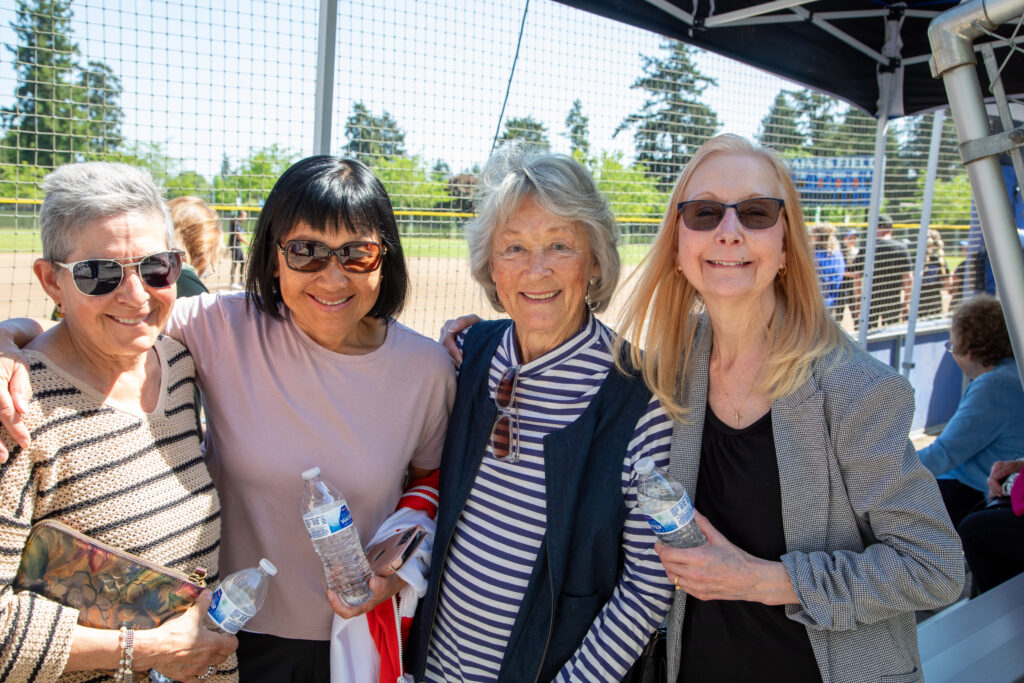
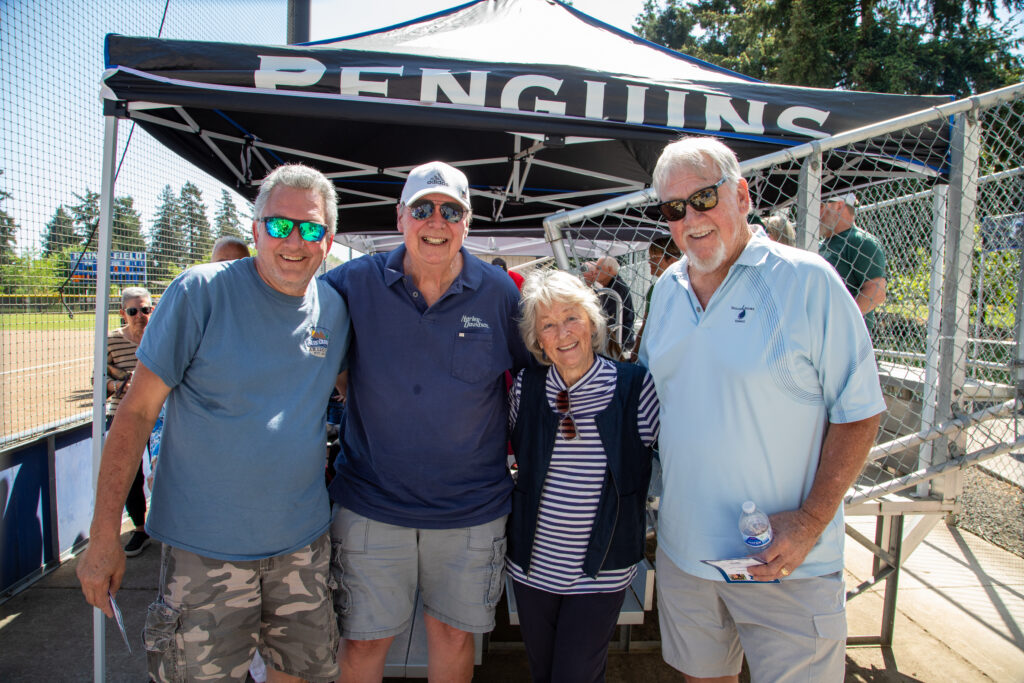
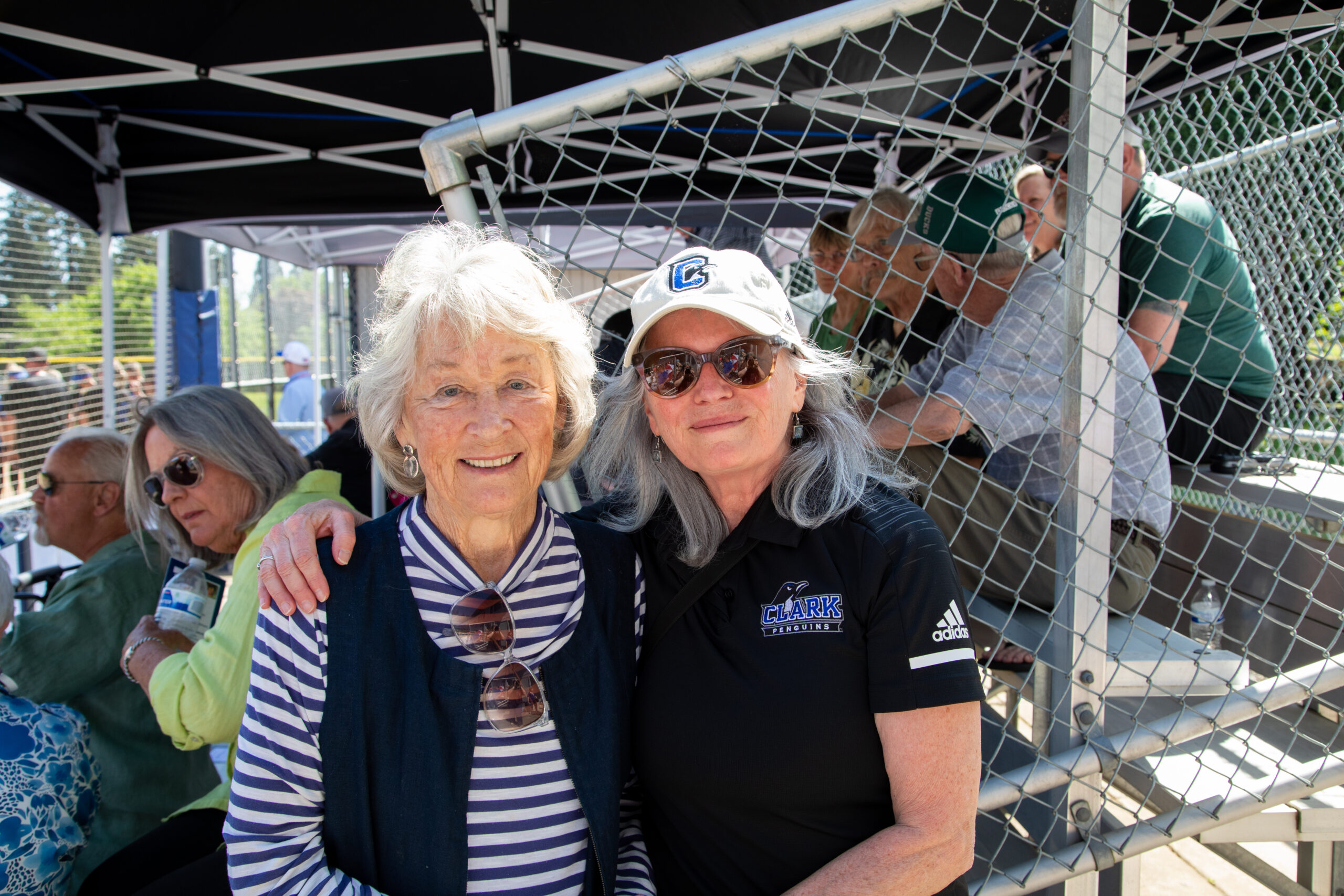
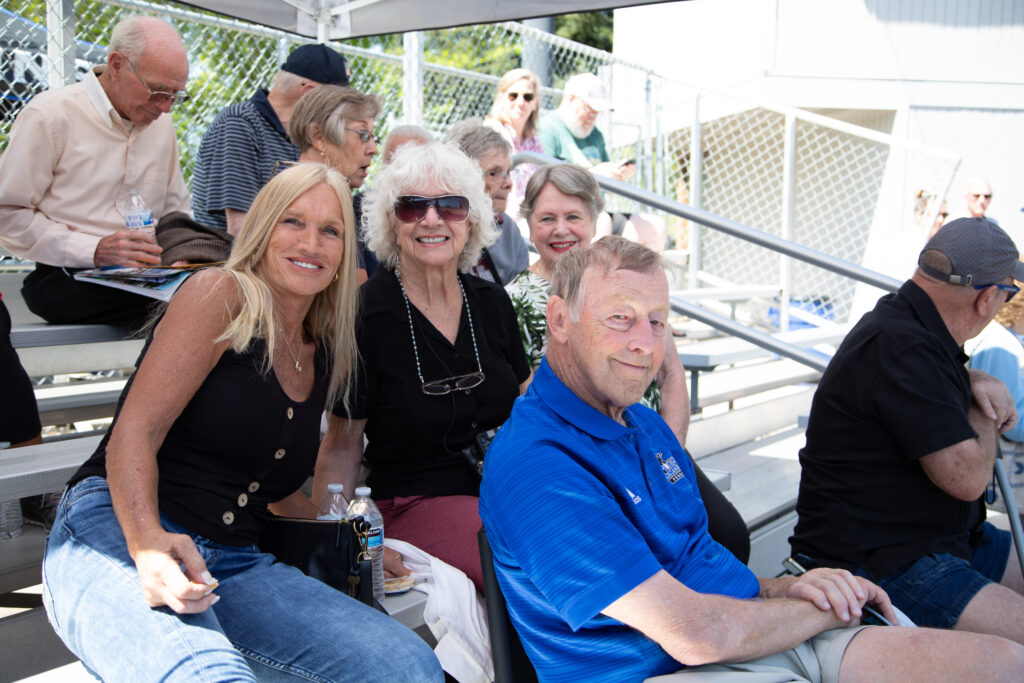
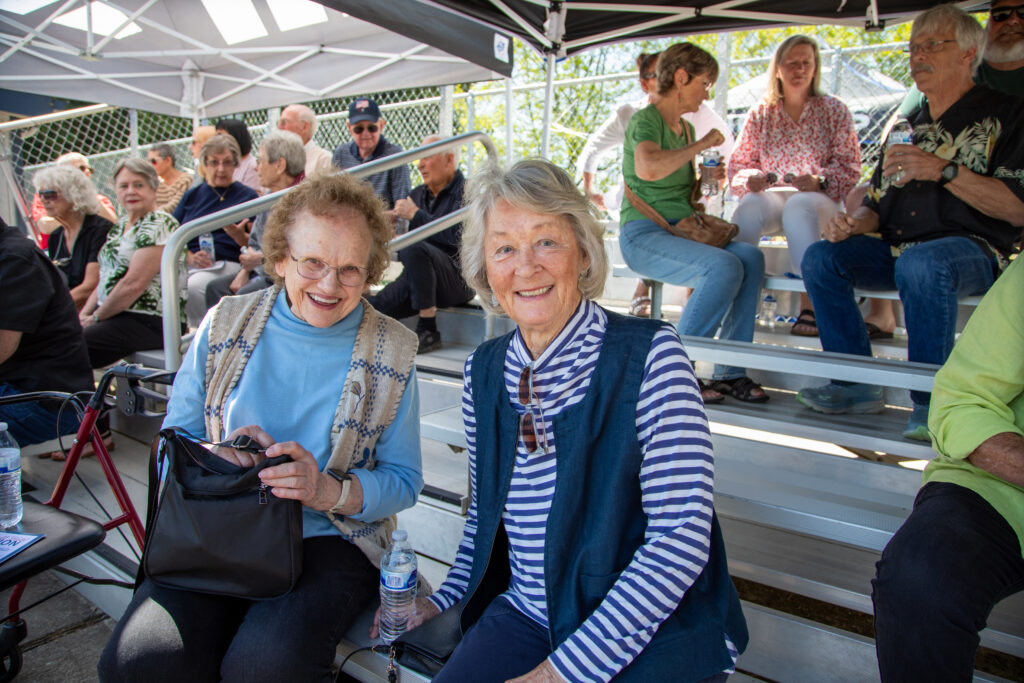
The Raines Family Legacy
Jim Raines, who passed away in 2018, devoted his life to empowering student athletes and helping ensure the success of Clark College’s softball program. Prior to his passing, he arranged for significant support to maintain the softball field and foster community sports opportunities.
Alums of Clark College, Jim and Wilma, also funded scholarships for student athletes, including one in memory of their daughter, the Jami Raines Memorial Scholarship.
Jami (Raines) Shogren was a standout softball player, following in her father’s footsteps as a catcher. The couple established student athlete scholarships in Jami’s honor after her death in 2008.
During the dedication ceremony, Calen Ouellette, CEO of Clark College Foundation, reflected on the deeper meaning behind the field’s new name.
“This isn’t just a moment to name a field,” Ouellette said. “It’s a moment to honor a legacy—a legacy of leadership, of belief in women’s athletics, and of deep investment in the future of our community.”
Ouellette spoke to the lasting impact of the Raines family, highlighting their decades of support for Clark College. “Wilma Raines and her late husband, Jim, have been pillars of support. Wilma understands something powerful: investing in your local community college isn’t simply an act of generosity—it’s an act of belief. Belief in opportunity. Belief in education. Belief in the power of young people to change the future.”
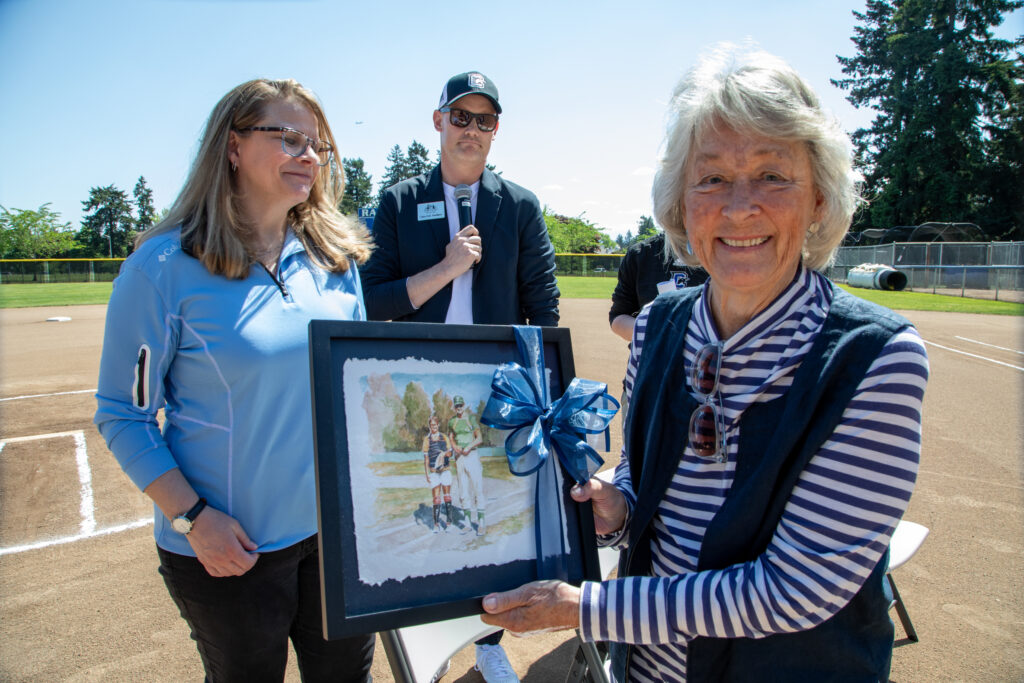
He went on to describe the symbolism of the field itself. “Thanks to a generous gift from the Raines family, this field will forever stand as a tribute—not only to Jim and their daughter Jami’s memory—but to every student-athlete who dreams bigger because someone believed in them. Fields like this aren’t just places where games are played. They’re places where confidence is built, where leadership is forged, where young women see they are worthy of investment and celebration.”
“Wilma’s decision to give back to Clark College sets an example for all of us,” Ouellette added. “When you support your community college, you strengthen the economic engine, the cultural spirit, and the social fabric of your entire region. Wilma, we are humbled by your family’s vision and heart. The Raines name will forever be woven into the lives of every Penguin who steps onto this field. Today and every day moving forward, Raines Softball Field will stand as a symbol of what’s possible when one family says, ‘Yes, I believe in them.’”
The Foundation presented Wilma with a painting of her husband and daughter standing on a softball field. The artist is Clark art professor Grant Hottle.
Laura LeMasters, Director of Athletics, presented Wilma with a commemorative Penguins softball jersey and a softball stamped with the field dedication date.
Holding the jersey, Wilma said, “I’m very humbled. My husband and daughter played on this field when it was a city league field. Thank you for showing up. I know it was in respect for Jim and Jami and me.”
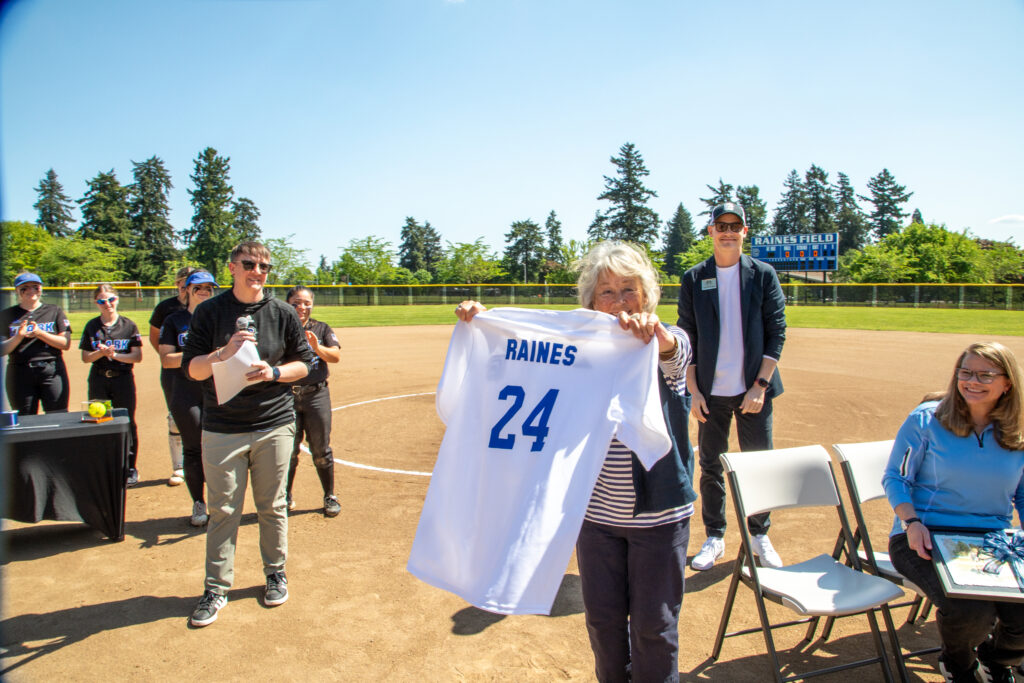
LeMasters spoke about being introduced to Jim and Wilma Raines and understanding the depth and dedication their family brought not only to Clark, but to Clark Athletics. Jim Raines was a founding member of the Penguin Athletic Club that helped raise funds for the department to create improvements across all programs and was a member of the Hall of Fame committee. LeMasters worked with Wilma, managing the Jami Raines Memorial Scholarship.
LeMasters added, “The Raines family is deserving of having their name forever a piece of Clark College, Clark Athletics, and Clark softball. I want to thank everyone for attending this event as we officially name the softball field at Clark College the Raines Softball Field. With perfect timing, today’s game is the first game with our brand-new scoreboard, forever memorializing the Raines family. It is my pleasure to invite Wilma to cut the ribbon and formally dedicate this field in her family’s name.”
Then Wilma stood between LeMasters and Oulette. Together, they held a massive pair of ceremonial scissors and cut the ribbon.
LeMasters said, “With that, we officially name this field the Raines Softball Field. Wilma, thank you so much.”
Five of the student-athletes are recipients of the scholarship named in honor of her daughter, Jami. As Wilma walked off the field, the softball team ran onto the field and warmed up for the Clark College vs Centralia College game.
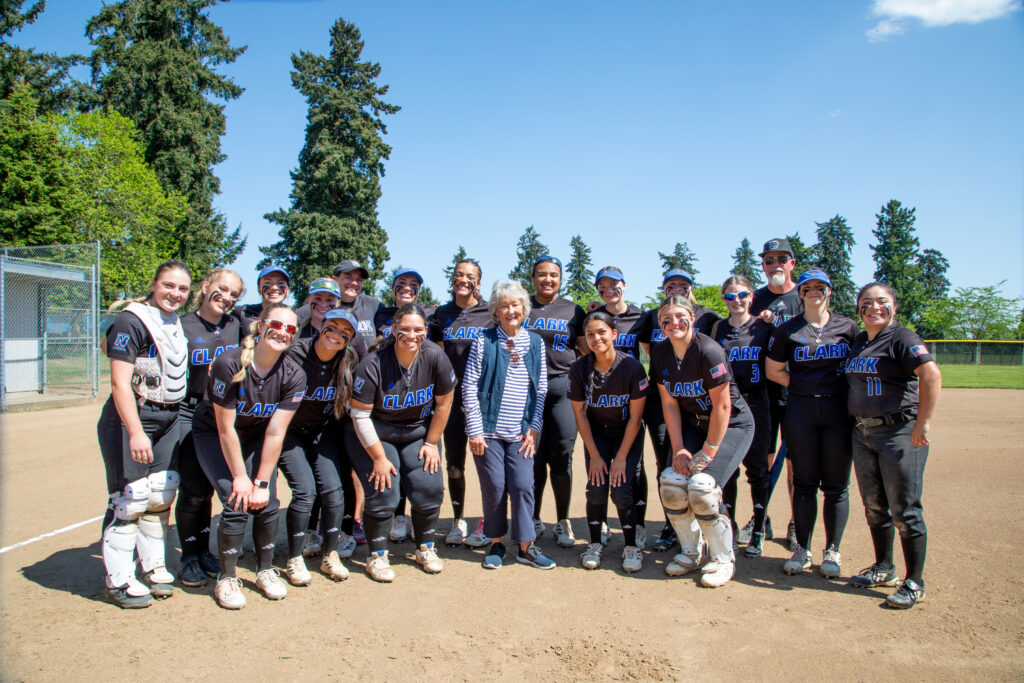
2024-2025 student-athlete recipients of the Jami Raines Memorial Scholarship
- Ashley Griffith
- Zoey Mikkelsen
- Sophia Lawrence
- Tessa Treesh
- Gabriela Ventura
Penguin assistant softball coach Chloe Blehm was a recipient during her time here as a student-athlete in 2018-19.
About Clark College Foundation
Clark College Foundation (CCF) is an independent, self-governed nonprofit that partners with Clark College to improve higher education access, student success, and community engagement. In the 2023-2024 school year, CCF distributed $1.6 million in scholarships, special awards, and financial support to hundreds of students. The Foundation contributed $4.8 million in total support to the college that same year.
About Clark College Athletics
The Clark College Athletics Department will enrich the greater community and the lives of student athletes by instilling in them a lifelong enjoyment of sports and physical activity. With a commitment to diversity, integrity, and academic achievement, we provide a competitive and high-quality range of sports programs that focus on learning teamwork and on student success.
Learn more
- Clark College Foundation: https://clarkcollegefoundation.org/
- Clark College Athletics: https://clarkpenguins.com/
- Read more about the Raines family’s legacy at Clark College here
- Read Jim Raines’ obituary here
- View more photos: https://flic.kr/s/aHBqjCcJtW
Photos: Clark College/Jenny Shadley
